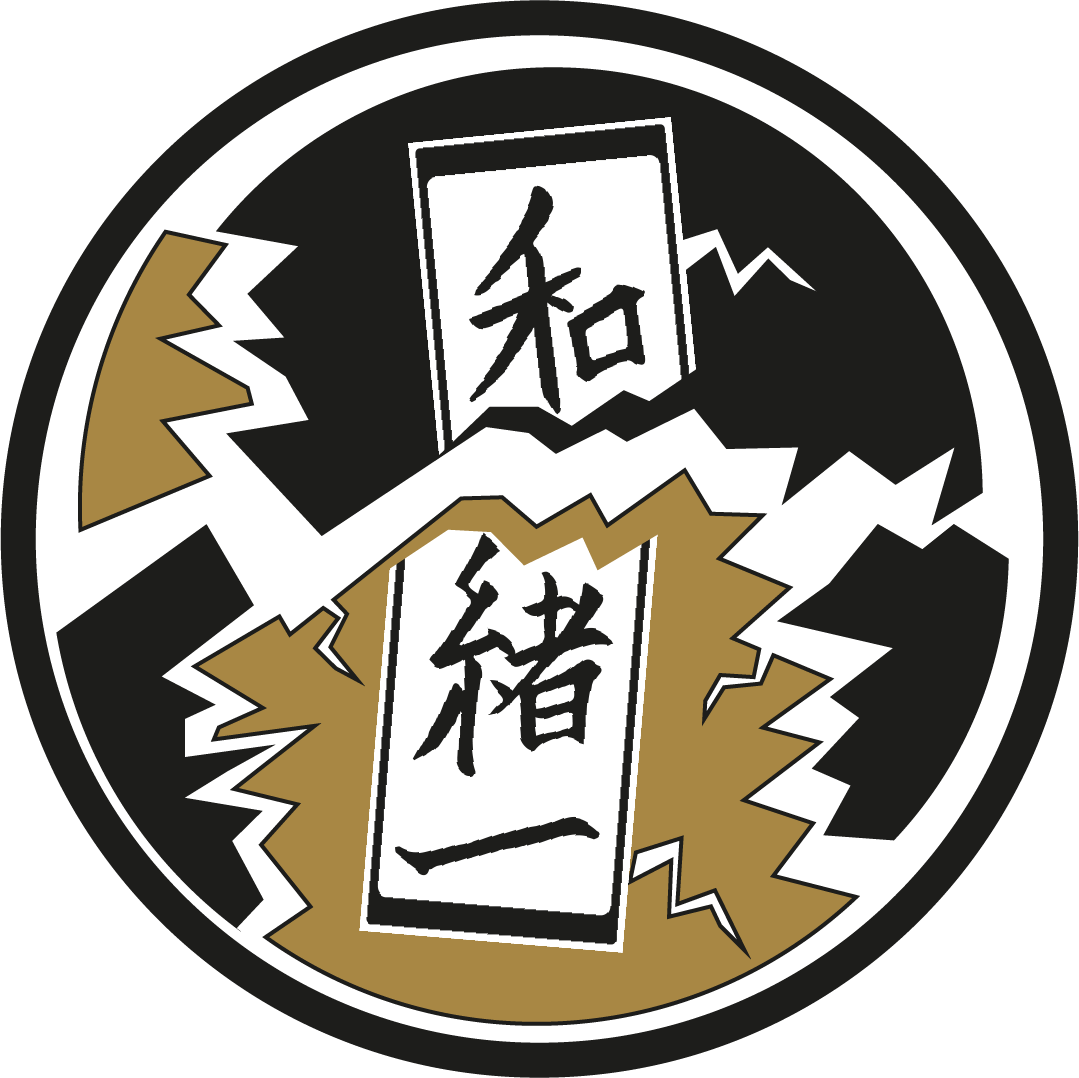Eating Out in Japan: Surviving a Restaurant Visit (Part 2)
In the last post about ‘Eating Out in Japan: Surviving a Restaurant Visit’ we have covered the process up to the point where you receive the food that you have ordered. Let’s say everything went smoothly and you didn’t need to call the waiter or waitress in the meantime. You are now ready to pay. The Japanese equivalent of ‘check please’ is okaikei (=bill) onegaishimasu お会計お願いします. Make sure you speak loud enough if you are in a busy place. Additionally, you could throw in a sumimasen すみません (excuse me) at the beginning of that sentence. If you want to split the bill you can say okaikei wa betsubetsu (separately) de お会計は別々で. The kanji betsu 別 means ‘to separate’ and is also used in the context of humans separating themselves from each other: like in the case of wakareru 別れる (as in ‘to break up’). If you look at this kanji closely, you can even detect the radical for the knife/sword in it, which looks like this: 刀 (on the bottom left). This makes sense, as knives and swords are tools used for cutting.
The last important expression we want to introduce in this context is gochisōsama deshita 御馳走様でした. It is used to express your gratitude for the people that helped prepare your meal. You can either say this when walking towards the exit of the restaurant or if it is a really small place and you are close to the chef you can say it directly after you have finished your dish. Chisō 馳走 means something like ‘run around’, in this case pointing out the effort that people have put in to prepare the meal you have ordered. In the first of these two kanji we can even detect the radical for uma horse (on the left), which looks like this: 馬. And 走 may already be familiar to you, because on its own it is used for the verb hashiru 走る, which means to run. By the way, gochisōsama deshita is also being said when somebody in your home cooked something for you – chances are this somebody is your mother.
Written by Jannick Scherrer

